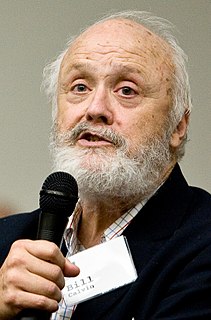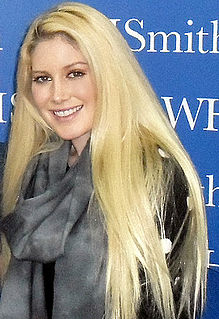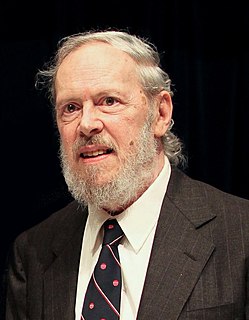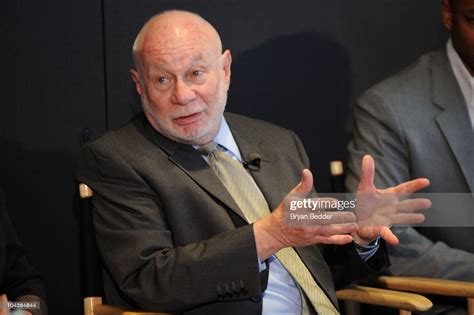A Quote by William H. Calvin
Since Serengeti-scale savanna scenes are only one or two million years old, our earliest after-the-apes ancestors didn't move into this scene so much as they evolved with it, as the slower climate changes and uplift produced more grass and less forest.
Related Quotes
Humans became easy prey when they moved from the forest to the savanna, which deprived them of the option of climbing trees to flee predators. This shift made it necessary for the men to actively protect the women and their babies. Only as a result of this protection were women able to give birth in shorter intervals, perhaps once every two or three years. This meant that they could produce offspring about twice as frequently as apes. I would be willing to bet that this rapid reproduction is one of the reasons why we dominate the world today, and not the apes.
Many scales of climate change are in fact natural, from the slow tectonic scale, to the fast changes embedded within glacial and interglacial times, to the even more dramatic changes that characterize a switch from glacial to interglacial. So why worry about global warming, which is just one more scale of climate change? The problem is that global warming is essentially off the scale of normal in two ways: the rate at which this climate change is taking place, and how different the "new" climate is compared to what came before.
Over millions of years the viruses in our genome mutate more and more so the look less and less and less recognizable as viruses and so if there was a virus that infected our pre mammal ancestors like 250 million years ago, which it probably did, we can't see it because it just looks totally random.
There were definitely scenes I struggled with more than others: the car accident and the thunderstorm are two that come to mind. It's difficult to write about a thunderstorm. There are only so many ways to describe it and our vocabulary is so limited. And the car accident scene required a tense, manic quality that had to be conveyed in the language, as well as the character's dialogue and actions. I was editing these scenes long after I thought I was finished with them.
The first phase of C was - really, it was two phases in short succession of, first, some language changes from B, really adding the type structure without too much change in the syntax, and doing the compiler. The second phase was slower; it all took place within a very few years, but it was a bit slower, so it seemed.
We need healthy forests if we want to protect our climate. As the climate changes, forests become more vulnerable to insect outbreaks, droughts and wildfires. Simultaneously, when our forests are destroyed, their carbon is released back into the atmosphere, further impacting climate change. It's a horrifying one-two punch.
Our ancestors were eating meat over 2.5 million years ago. We mainly ate meat, fish, fruits, vegetables and nuts. We have to assume our physiology evolved in association with this diet. The balanced diet for our species was what we could acquire then, not what the government and doctors tell us to eat now.
Given the scale of the ecological crisis we are facing this is the appropriate scale of expansion. Occupying the streets to bring about change as our ancestors have done before us. Only this kind of large-scale economic disruption can rapidly bring the government to the table to discuss our demands. We are prepared to risk it all for our futures.
When I am at a dinner table, I love to ask everybody, 'How long do you think our species might last?' I've read that the average age of a species, of any species, is about two million years. Is it possible we can have an average life span as a species? And do you picture us two million years more or a million and a half years, or 5,000?
Our climate is changing. The Earth's climate has, in fact, warmed by 1.1 to 1.6 degrees Fahrenheit since the industrial revolution. People look at this and say: Oh, that is not very much. In fact, it is very much, and it changes the dynamic. It impacts species. It kills some. It diminishes the carbon sink of the ocean. It does a number of things.
It is now generally accepted that the roots of our ethics lie in patterns of behavior that evolved among our pre-human ancestors, the social mammals and that we retain within our biological nature elements of these evolved responses. We have learned considerably more about this responses, and we are beginning to to understand how they interact with our capacity to reason.

































